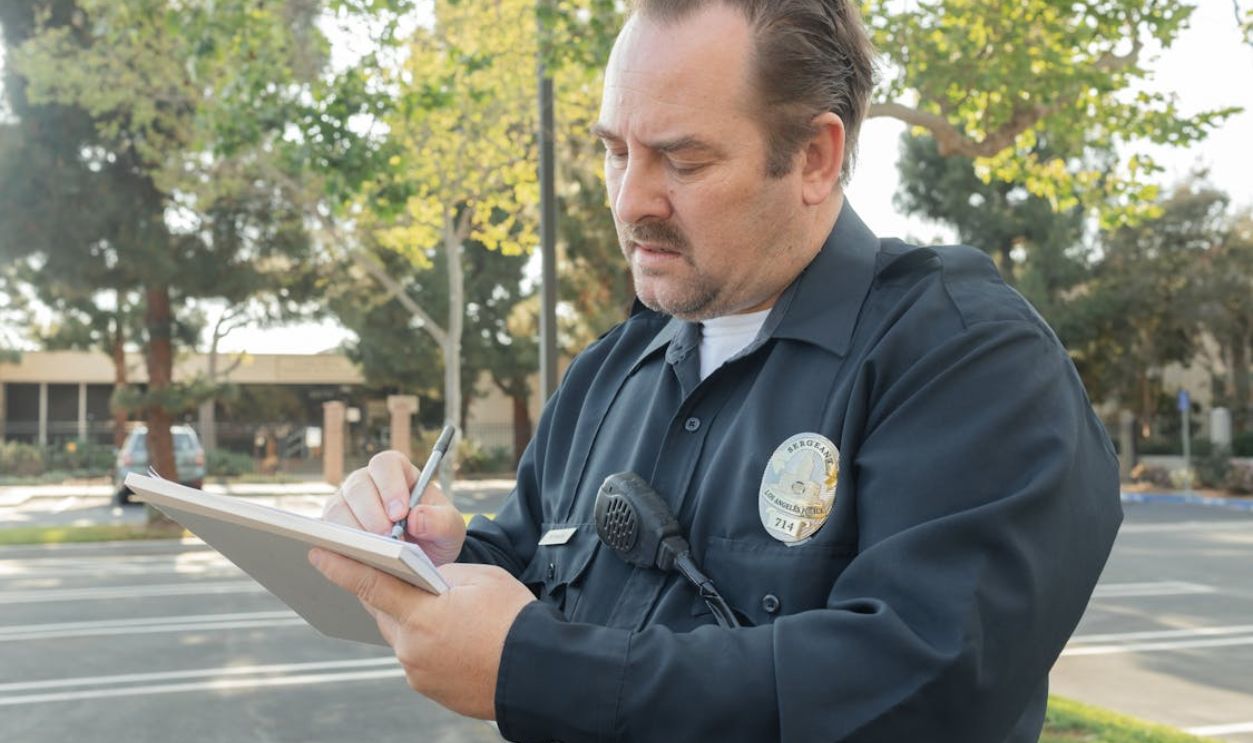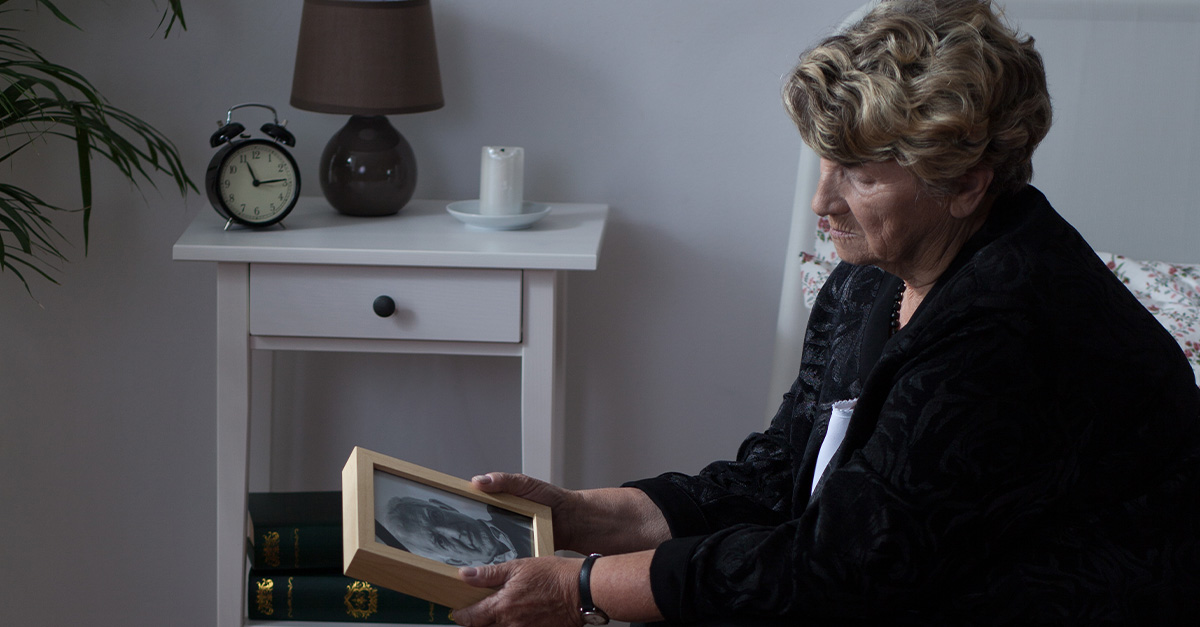Trust feels sturdy until money comes into play. Sharing a checking account seems harmless when a relationship feels stable, but everything shifts the moment that access turns into a purchase you never agreed to.
And we’re not talking about groceries. We’re talking about a motorcycle—bought with your money. That kind of decision isn’t a misunderstanding. It’s a financial hit that forces you to ask where the law actually stands.
Access Doesn’t Equal Permission
Many people assume that sharing account access automatically prevents criminal charges. That’s not how financial laws work. Even if you voluntarily gave him your debit card, login credentials, or permission to view the account, he can’t legally use those tools to make large withdrawals or major purchases you never approved. The key issue is authorization, not access.
Banks separate the two. Access means someone can reach the funds. Authorization means you agreed to each specific withdrawal or transaction. Without your consent, the purchase becomes an unauthorized transaction, even if he used your card with information you supplied. Courts treat that distinction seriously, especially when the transaction exceeds typical spending.
The motorcycle itself matters too. The dollar amount jumps this situation into a different category. A large, one-time purchase signals intentional misuse rather than confusion over groceries or shared bills. Prosecutors consider intention, pattern, and financial impact when deciding whether a crime occurred.
Once you identify the transaction as unauthorized, the next step is proving it. Banks track every purchase, including timestamps and merchant records. You don’t need long explanations. You just need a clear statement: “I did not authorize this motorcycle purchase”. That simple point drives the entire case.
Is This Theft, Fraud, Or Something Else?
State laws differ, yet most categorize this kind of action as theft by conversion or financial exploitation, depending on the relationship and circumstances. He didn’t steal by breaking into the account. He stole by using access for a purpose you never agreed to. That’s conversion: using someone else’s property for personal benefit without consent.
Fraud may apply if he misled you about how he intended to use the account. Some states treat the misuse of financial access inside relationships as a form of domestic financial abuse. That classification widens your options by giving you both civil and criminal routes.
Police departments deal with these cases regularly. And they decide based on financial evidence. Screenshots of your transaction records and proof of the purchase help them determine whether the situation qualifies as a criminal complaint.
The officer takes the report, the case moves to a detective if needed, and the prosecutor reviews the evidence to decide whether charges fit.
Civil court remains another path. You can sue for the full amount of the motorcycle, plus related costs tied to the unauthorized transaction. Civil cases go for the lower burden of proof, so even if a criminal case stalls, you may still recover the money.
Before You Call Police, Take These Steps
Start by securing your accounts immediately—change every login, freeze the debit card. As an extra layer, turn on real-time alerts.
Then document everything, including messages about account access, the transaction itself, bank notifications, and any conversation where he dodges responsibility. Contact your bank next and dispute the charge as unauthorized; their investigation creates an official record that supports both civil and criminal action.
Finally, check who legally owns the motorcycle. If it’s titled in his name, you pursue the financial loss, but if he used your identity or signed anything under your name, that behavior opens the door to additional charges.
Another point worth considering is whether he had any written or verbal agreement to access shared expenses only. A message stating “use it for bills” or “use it for emergencies” is powerful evidence that the motorcycle purchase lacked a legitimate basis.
You Can Press Charges—And You Have Options
Relationships complicate emotions, but they don’t change financial laws. You can file a police report. You can pursue charges. You can also file a civil suit. The solution you choose depends on your goals. Criminal charges may not recover much money, but they hold him accountable. Civil court aims for reimbursement.
Either way, you’re not trapped. You’re not powerless. You’re dealing with a situation the legal system understands well, and the financial evidence speaks loudly. Once someone uses access for personal gain without permission, the law views it as theft, not a relationship dispute.











